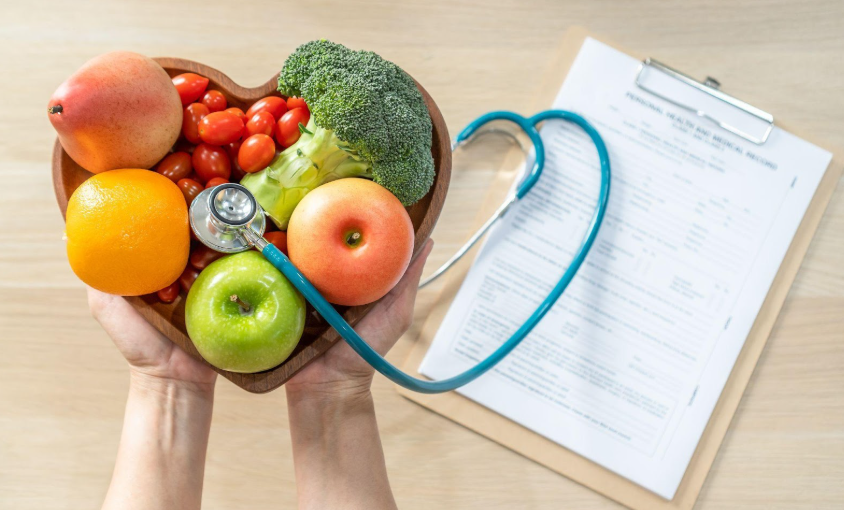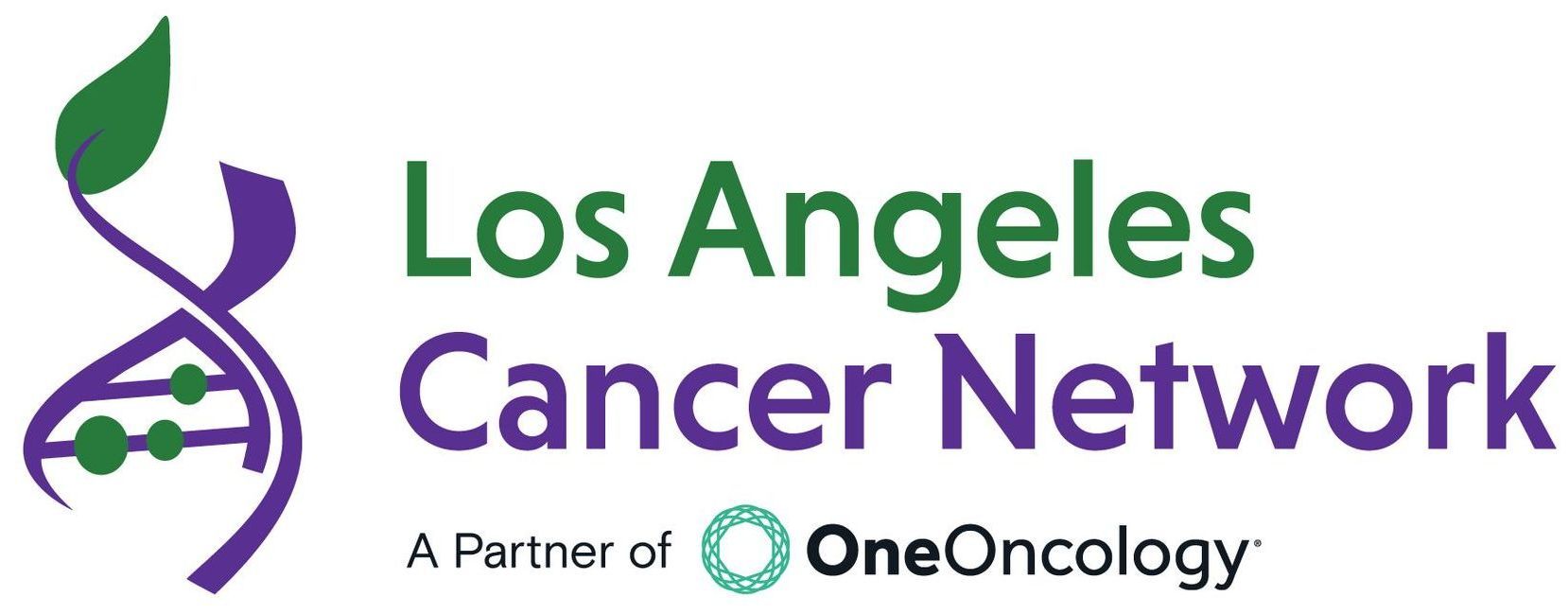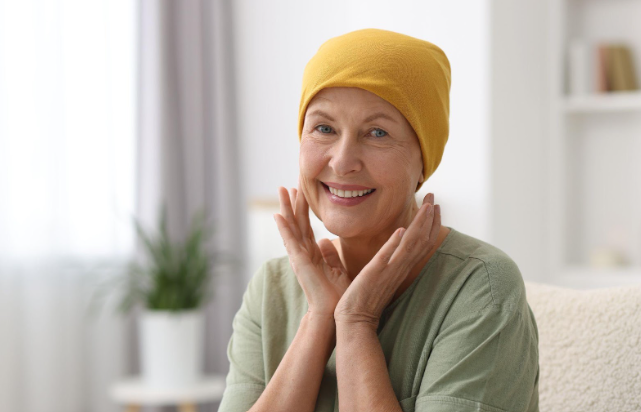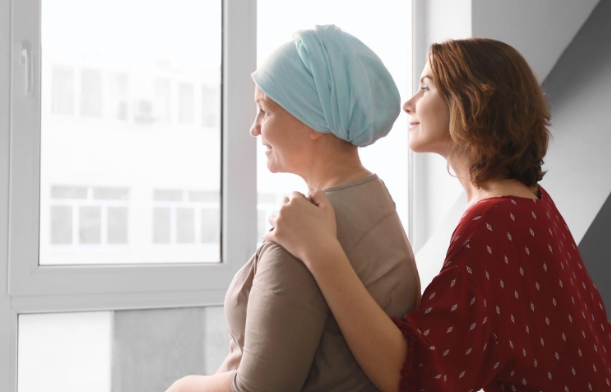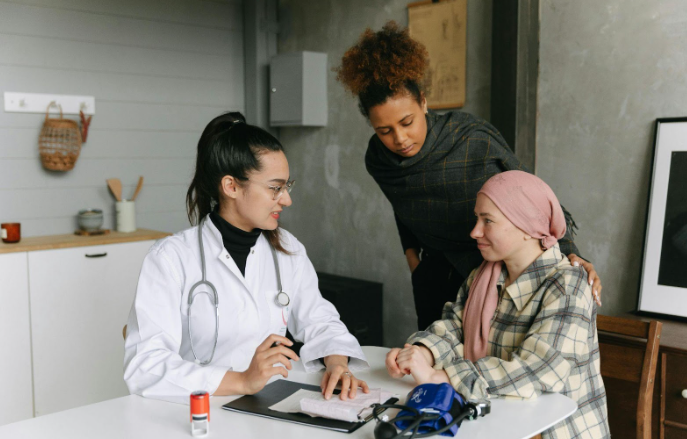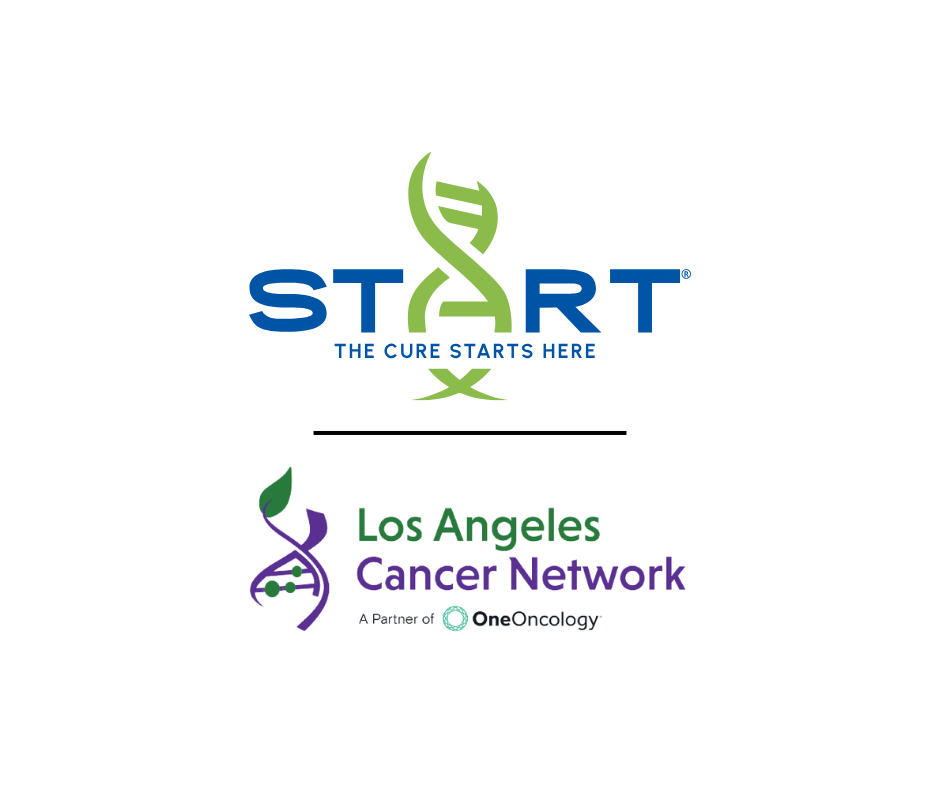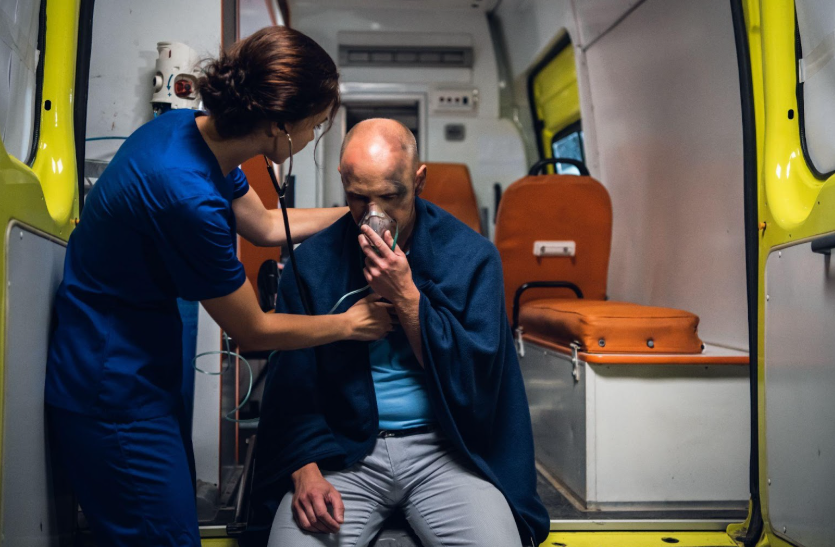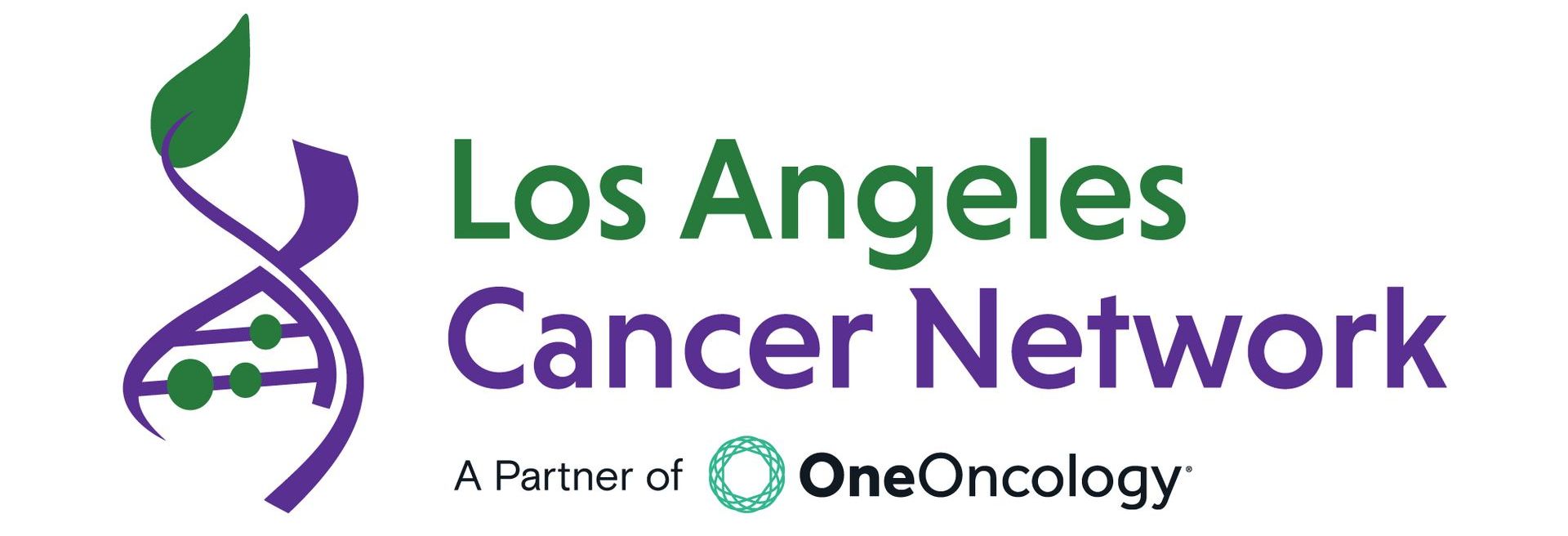A Guide to Self-Care and Staying Positive During Cancer Treatment
A Guide to Self-Care and Staying Positive During Cancer Treatment

A cancer diagnosis can feel overwhelming, and it's natural to experience a range of emotions, including fear, sadness, and anger. However, research suggests that maintaining a positive attitude during treatment can offer significant benefits.
Let’s explore the power of positivity and self-care practices to empower you on your cancer journey.
The Power of Positivity
It's important to clarify that a positive attitude doesn't mean forcing happiness or ignoring your emotions. It's about acknowledging challenges while focusing on hope, resilience, and strength. It's about finding ways to navigate treatment difficulties while cherishing the good moments.
A positive outlook makes the process easier. Here are a few other advantages:
- Improved Emotional Well-Being: Positivity can help reduce stress, anxiety, and depression, which are common side effects of cancer and its treatment.
- Enhanced Treatment Adherence: An optimistic attitude can motivate you to stick to your treatment plan, leading to potentially better outcomes.
- Stronger Immune System: A positive outlook may be linked to a stronger immune response, which can help fight cancer.
- Improved Quality of Life: Maintaining a positive mindset can help you focus on living a fulfilling life despite the challenges.
Practical Strategies for Cultivating Positivity
While staying optimistic isn't always easy, there are practical steps you can take to cultivate it:
Embrace Gratitude
Make gratitude a daily ritual. Take a few minutes each day to acknowledge what you're thankful for, big or small. It could be a supportive friend's call, a beautiful sunrise, or simply the strength you possess to face each day. Regularly focusing on what you appreciate can shift your perspective towards the positive aspects of your life, even amidst difficulties.
Connect with Your Support System
Don't underestimate the power of human connection. Talking openly about your emotions, fears, and joys with supportive friends and family can be incredibly helpful. Their love and understanding can create a safe space to express yourself and feel supported.
Practice Mindfulness
Techniques like meditation and deep breathing exercises can be powerful tools for managing stress and anxiety. By focusing on the present moment and calming your mind, you can cultivate a sense of inner peace and well-being. Mindfulness practices can also help you become more aware of your thoughts and emotions, allowing you to respond to them in a healthier way.
Engage in Activities You Enjoy
Don't let cancer treatment take away the things that bring you pleasure. Continue to participate in hobbies and activities that you find enjoyable, whether it's reading, spending time in nature, listening to music, or pursuing creative endeavors. Engaging in activities you love can boost your mood, provide a sense of normalcy, and offer a welcome distraction from treatment-related worries.
Set Realistic Goals
Feeling overwhelmed by the treatment process is common. Break down large, long-term goals into smaller, more achievable steps. This can help you feel more in control and motivated. Celebrate your accomplishments, no matter how small, as each step forward is a victory.
Seek Professional Help
If you're struggling to manage difficult emotions like anxiety, depression, or overwhelming fear, don't hesitate to seek professional help. Therapists and counselors can provide valuable tools and support to help you cope effectively. They can equip you with strategies for managing stress, processing emotions, and developing healthy coping mechanisms.
Self-Care
By taking care of yourself physically and emotionally, you can equip yourself with the strength and resilience needed to face the challenges of treatment. Here are some key self-care practices to incorporate into your routine:
Fuel Your Body
Prioritize healthy eating. Focus on consuming a balanced and nutritious diet of fruits, vegetables, and whole grains. These foods provide your body with the essential vitamins, minerals, and antioxidants to heal, fight illness, and maintain energy levels.
Rest and Recharge
Sleeping is important for physical and mental well-being during cancer treatment. Aim for 7-8 hours of quality sleep each night. To get quality sleep, set up a regular sleep schedule for yourself, have a bedtime routine to help you relax, and make sure your sleep environment is comfortable.
Move Your Body
Stay active! Exercise can significantly improve mood, energy levels, and sleep quality. The exercise type you choose to do doesn’t have to be intensive either; you’d be surprised what a difference gentle activities like walking, swimming, or yoga can make! Choose the ones you find enjoyable and listen to your body. It's okay to start slowly and gradually increase the intensity and duration of your workouts as you feel stronger.
Find Your Calm
Relaxation techniques like deep breathing, yoga, or progressive muscle relaxation can be powerful tools for managing stress and promoting a sense of calm. These practices can help you become more aware of your body's tension and teach you techniques to release it. Regularly incorporating relaxation techniques into your routine can improve your overall well-being.
Respect Your Limits
It's important to be kind to yourself during cancer treatment. Don't be afraid to say no when you need rest or time for yourself. Your body is working hard to heal, and it's okay to prioritize your needs and listen to your body's signals. Delegating tasks, asking for help, and scheduling downtime are all great ways to prevent burnout and maintain your well-being.
Living Well with Cancer Treatment
To live well with cancer treatments involves a holistic approach that addresses your physical, emotional, and social well-being. Here are some additional tips:
- Be Informed: Learn about your diagnosis, treatment options, and potential side effects. This empowers you to participate actively in your care decisions.
- Communicate Effectively: Maintain open and honest communication with your healthcare team. If you have questions or concerns, do not hesitate to voice them.
- Join a Support Group: Connecting with others who are going through a similar experience can be incredibly helpful. Sharing experiences and offering support to one another can be a powerful source of strength.
A Positive and Empowered Journey
While a cancer diagnosis can be difficult, maintaining a positive attitude and prioritizing self-care can significantly impact your well-being throughout treatment. Adopting these strategies empowers you to navigate the journey resiliently, giving you hope and a sense of control over your life.
You're not alone on your cancer journey. At the
Los Angeles Cancer Network, we’re here to empower you. We offer support groups, connect you to valuable resources, and provide a
community of understanding.
Contact us to learn more and take charge of your well-being today.
